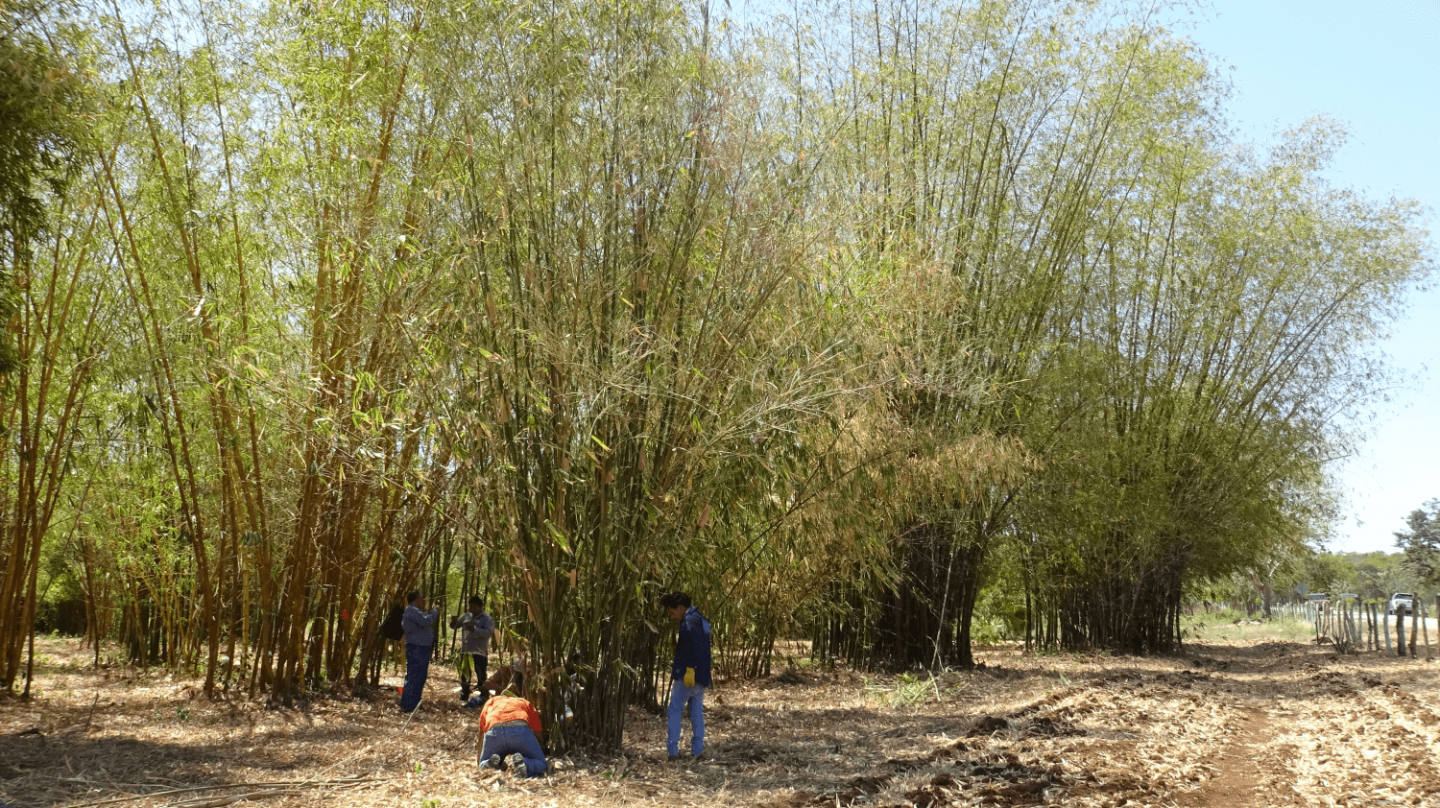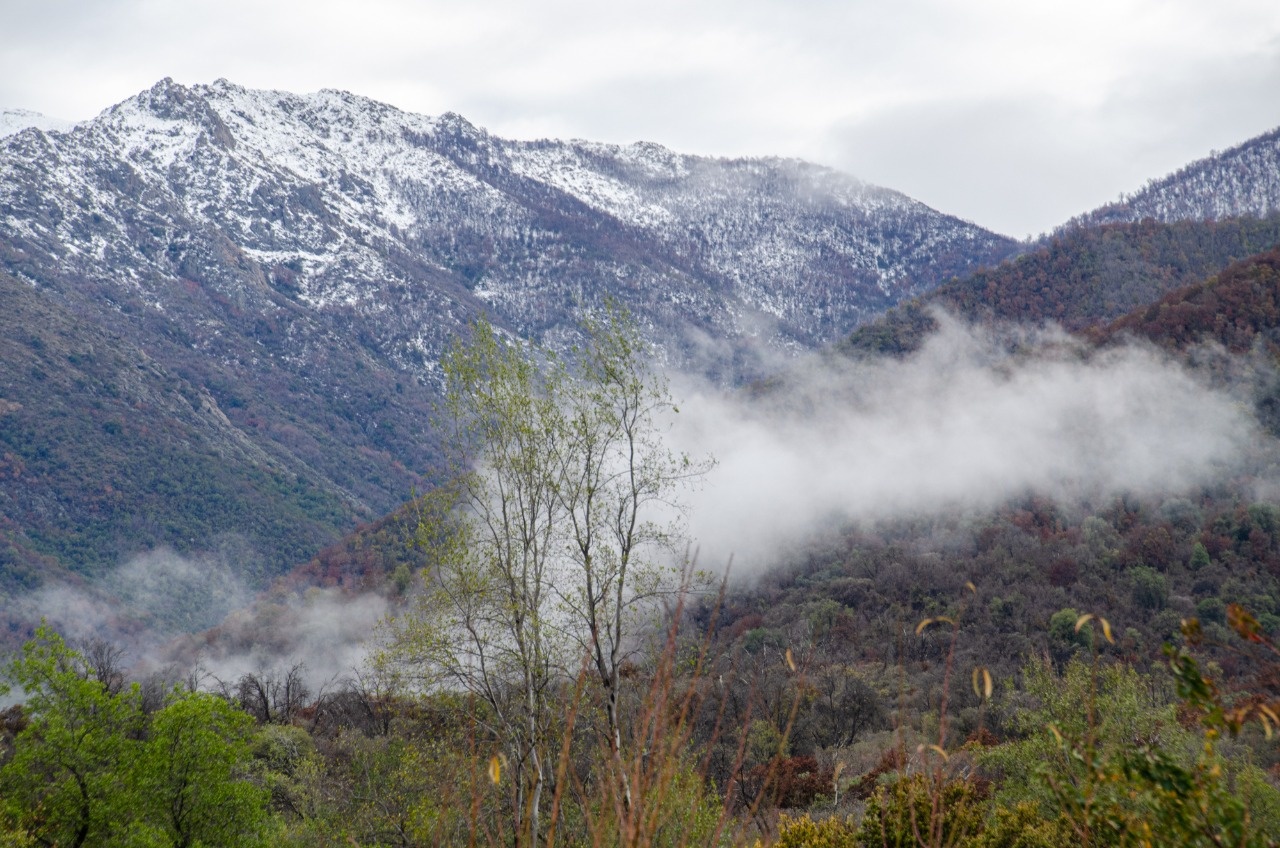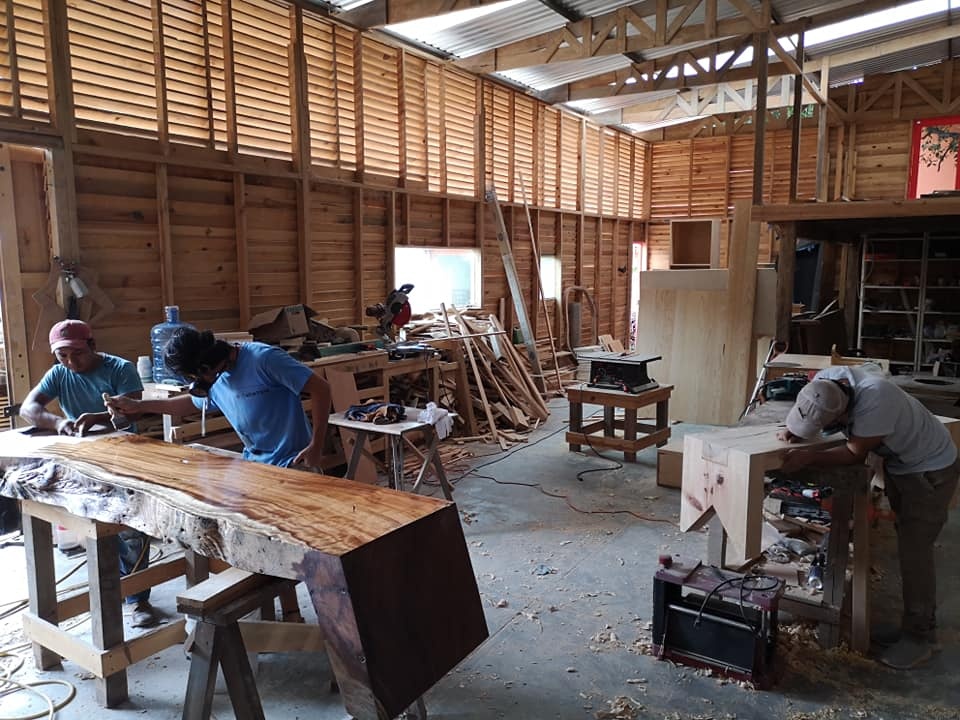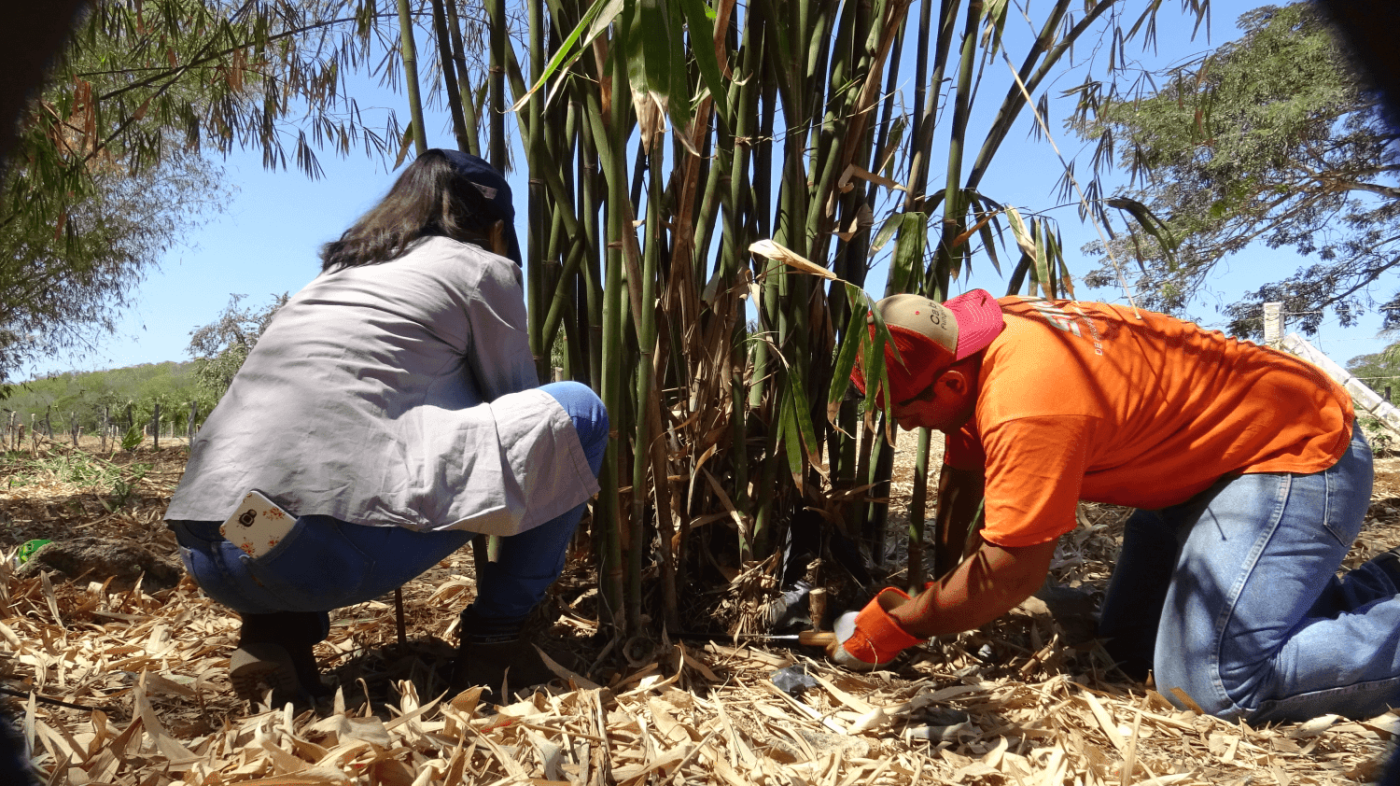Latin America is facing twin crises. The COVID-19 pandemic has devastated economies and communities: 22 million people in Latin America moved into poverty in 2020. At the same time, deforestation and degradation of grasslands, wetlands, and farms continue to threaten the region’s ecological and economic health. In 2020 alone, the region lost 5.8 million hectares of tree cover – an area larger than all of Costa Rica.
But there is an important nature-based solution to both of these crises, and sustainable local businesses are at its heart. Entrepreneurs whose businesses restore land are combating deforestation, boosting crop yields, and offering sustainable, long-term economic opportunities for local communities.
The proven economic and social benefits of adopting greener technologies and supporting entrepreneurs who provide sustainable alternatives are undeniable. In Latin America, every one hectare that people restore – through a variety of techniques like adding trees on farms (agroforestry), reforestation, and low-carbon coffee and cocoa growing – can bring $1,140 in added value and long-term jobs for communities that have struggled through the COVID-19 crisis.
That opportunity is why Latin American countries pledged to protect and begin restoring more than 50 million hectares of land by 2030 through Initiative 20x20. Achieving the new goal will only be possible by empowering hundreds of innovators – and helping them access serious finance.
That’s where the Land Accelerator Latin America program comes in. By mentoring and training emerging entrepreneurs that grow the economy while also restoring the land, the program, led by World Resources Institute and Asesorandes, is helping create resilient rural economies.
The 15 entrepreneurs that joined the program’s first cohort are proof that restoring land is a viable and profitable business venture: They have created 270 jobs, restored 9,200 hectares, and grown 430,000 trees.
So, who are they? Here are three examples of expanding businesses from the Land Accelerator program that are sustainably revitalizing economies and restoring the environment.
1. Fighting Carbon Pollution with Bamboo in Mexico

Mexico’s Nature Lab World is removing planet-warming carbon dioxide from the air and restoring lost biodiversity by planting 32,000 native trees and bamboo across 80 hectares. Bamboo’s status as the fastest growing plant on Earth and its ability to store carbon 30% quicker than most trees make it both versatile for industry and an effective option for companies like Nature Lab World that are looking to the global voluntary carbon market to raise revenue for their restoration projects.
Southern Mexico’s tropical climate and abundant rainfall make it an ideal place to grow bamboo. To fully capitalize on that opportunity, Nature Lab World seeks to expand to 600 hectares to store more carbon and tap into the a growing global bamboo market worth more than $30 billion.
2. From Land Restoration to Forest Conservation in Chile

Since 2017, Chile’s Relicto has restored and conserved around 200 hectares of land per year. They specifically target areas with high environmental value, preserving important native plant and animal species. Their restoration process is unique because it provides three major services in one convenient package.
By collaborating with local landowners to grow native trees, as well as designing, creating, and maintaining forest conservation areas, Relicto restores and then permanently protects biodiverse landscapes. Soon, they hope to expand their operations to plant over 1 million native trees and protect over 300 hectares annually.
3. Designer Furniture Straight From Restored Forests in Mexico

Mexico’s Te’etik is helping meet demand for high-quality, designer furniture and home goods with timber grown from over 3,500 hectares of sustainably managed forests. These practices help shift rising demand for wood away from biodiverse natural forests and provide a sustainably sourced legal alternative.
The company extensively invests in local communities, bringing new a source of income, as farmers grow trees on their land and then sell them to Te’etik, and jobs in local furniture-manufacturing workshops. In 2020, the growing company sold $53,000 worth of furniture, a 435% increase when compared to 2019. Te’etik is hoping to expand their operations across the nation to better access both domestic and global markets.
***
These pioneering examples show how investing in restoration can benefit people and the planet. By building networks of restoration businesses and connecting them with investors, WRI is working to incubate a new restoration economy throughout Latin America. By financing restorative businesses, a future where industry and nature can live in equilibrium becomes that much closer to reality.
Sign up for updates on Latin America’s growing movement to restore land here.
For real-time news, follow us on Twitter @restoreforward and stay up to date with #LandAccelerator.
